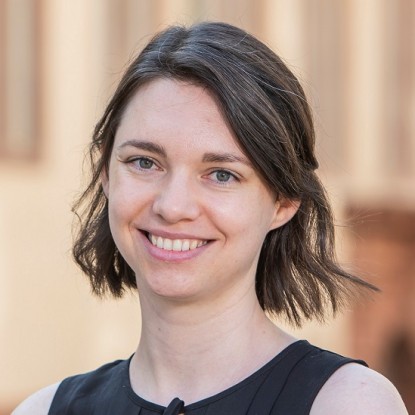While for a long time local issues and personal characteristics of the candidates in particular shaped local politics, ideological positions and preferences are playing an increasingly important role today. In addition to this change, we are also seeing an increasing presence and growing success of independent local lists (ILL). These are successfully challenging established parties in almost all cities and municipalities, thereby strongly influencing local party competition.
While research on ILL mainly points to structural and institutional factors to explain their increasing success, other factors are less well researched. On the one hand, we know little about the ideological profile of the ILL and therefore know little about which substantive positions distinguishes them from established parties. On the other hand, we have little information about preferences regarding political representation of ILL elites. Based on current research, we assume that ILL have populist potential and thus challenge established parties and representation. Research on these two aspects is crucial to explain the success of ILL as well as changes in local party competition.
This is precisely the aim of our DFG project “Independent Local Lists between Challenger and Mainstream Actors in Local Politics”, in which we focus on the analysis of the upcoming local elections in spring 2024 in 9 federal states. In addition to the text-based analysis of election programs of all parties and ILL to determine ideological positions, we also look at representation preferences of ILL elites based on large-scale online surveys. The insights gained should broaden our understanding of local party competition and of the influence of UWG on democracy at the local level.
Funding
Funding institution: DFG
Funding period: 01.05.2024 – 30.04.2026
Funding budged: € 25.986
Team
Christina-Marie Juen (TU Darmstadt/Universität Oldenburg)
Further PIs:
Martin Gross (LMU München)
Michael Jankowski (Universität Oldenburg/Bundeskanzleramt)


